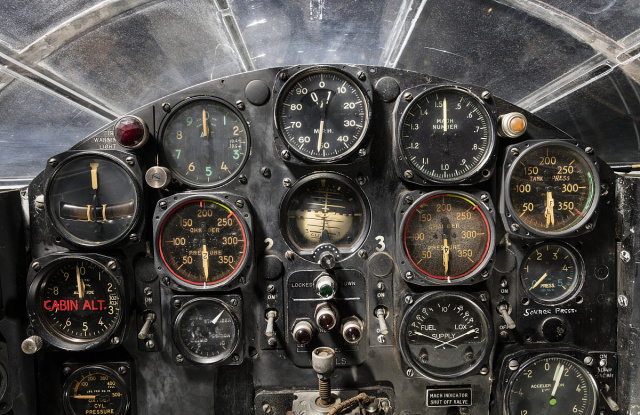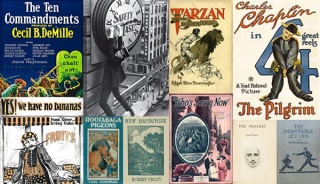Argh, still mad about this. Scratchy 78s are not competition for Sony or Universal. These companies should be helping the Internet Archive preserve music.
copyright
The labels' lawsuit filed in a federal court in Manhattan said the Archive's "Great 78 Project" functions as an "illegal record store" for songs by musicians including Frank Sinatra, Ella Fitzgerald, Miles Davis and Billie Holiday.Yes, because everyone today signs up for streaming services to listen to old 78s and if this history project is online it means no one will sign up for streaming. WTAF? These companies think they can lock up all of our history and culture behind a paywall. This makes me want to never buy anything from these music companies again.
That’s because there is no actual precedent for saying that scraping data to train an AI is fair use; all of these companies are relying on ancient internet law cases that allowed search engines and social media platforms to exist in the first place. It’s messy, and it feels like all of those decisions are up for grabs in what promises to be a decade of litigation.The current round of language and image model speculation is based on the premise that using any public data for training is fair use not a massive copyright violation.
The Post’s analysis suggests more legal challenges may be on the way: The copyright symbol — which denotes a work registered as intellectual property — appears more than 200 million times in the C4 data set.This humble website is included in the C4 corpus. You can use this tool to see if your copyright has also been violated.
"…where you can download, share, and reuse millions of the Smithsonian’s images—right now, without asking. With new platforms and tools, you have easier access to more than 4.4 million 2D and 3D digital items from our collections—with many more to come."Fun collection to browse through. I can even post this image of a Bell X-1 cockpit without attribution!

"At minimum, Stable Diffusion’s ability to flood the market with an essentially unlimited number of infringing images will inflict permanent damage on the market for art and artists."Describing image models as sophisticated collage tools takes some of the mystery out of AI and makes it clear work is being used without consent. This essay has a clear description of the diffusion process.
"What a strange, unexpected delight to be asked to return with the express goal of researching what the Commons has become and understanding how cultural institutions around the world have evolved through being a part of it. We want to design a stronger future for the program, with enduring longevity at its heart."Great to hear this! The new Flickr owners are investing in its Flickr Commons program.
Most books published before 1964 are in the public domain even though copyright has been extended to cover things by default after 1923. This article explains things well. Here's another take with more background: Where to Download the Millions of Free eBooks that Secretly Entered the Public Domain.
Almost completely unrelated, I enjoyed Top 5 bits of advice for first-time readers of Moby-Dick which I found via Austin Kleon but now can't find a direct link to that mention. Moby Dick is not in copyright so it's easy to track down. har har.
Almost completely unrelated, I enjoyed Top 5 bits of advice for first-time readers of Moby-Dick which I found via Austin Kleon but now can't find a direct link to that mention. Moby Dick is not in copyright so it's easy to track down. har har.

Some art from 1923 is finally entering the US public domain after a 20-year extension passed by congress in 1998. In addition to a partial list of works here, check out the What Could Have Been section to feel the impact of that 1998 decision. They also have a good page about Why the Public Domain Matters.
-
The song Happy Birthday is finally free! You might even start hearing it in chain restaurants again instead of that "Happy, Happy Birthday from all of us to you!" monstrosity.
-
This is Andy Baio's annual round-up of online movie piracy. This year: HD video makes leaked screeners irrelevant. "Already, with a month to go before the ceremony, 89% of this year’s nominated films have already leaked in high quality online, more than last year."
-
I had no idea that Oregon tried to keep minorities out in its early years. It's a depressing article but it's important to understand our history.
-
Hey, nice idea: public unit tests.
-
Background bird chirping in a YouTube video is mistaken for content under copyright. Highlights of a broken system ensue.
-
Horrible one-star Amazon reviews. [via MetaFilter]